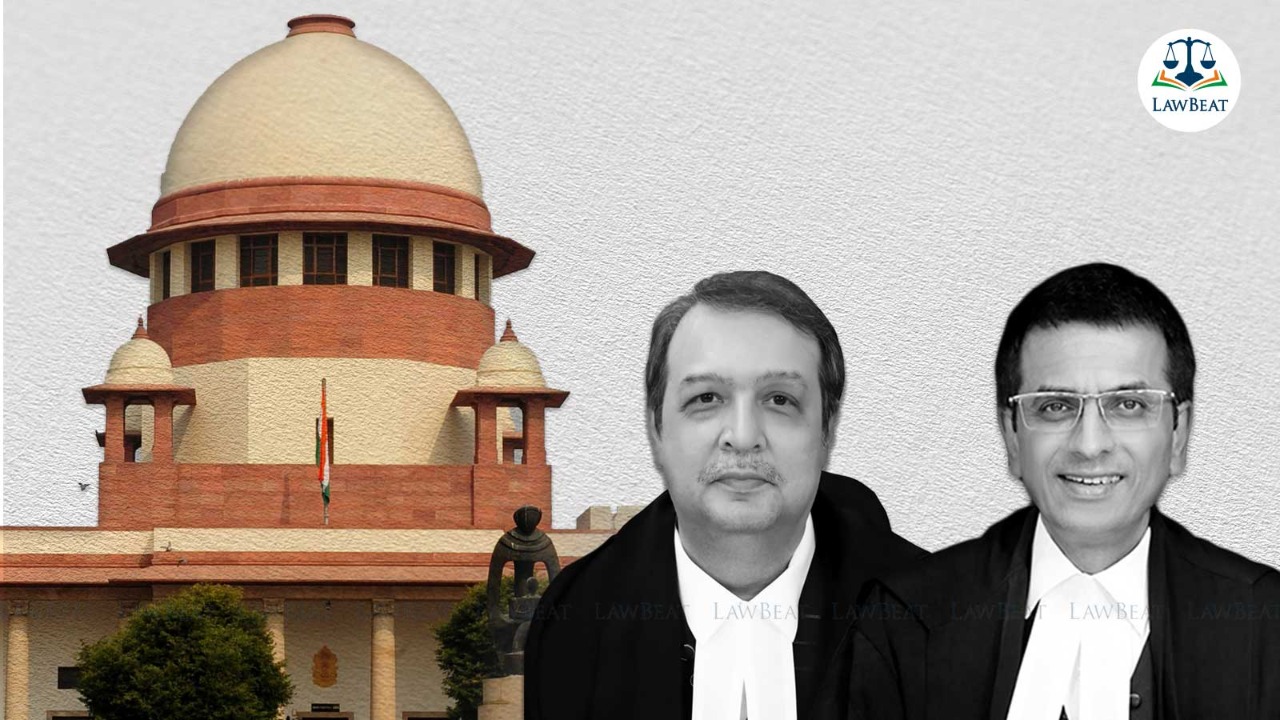Bilateral discussion can't help if a party failed to act within time on appointment of arbitrator: SC

If a party simply delays sending a notice seeking reference under the Arbitration and Conciliation Act, 1996, because they are unclear of when the cause of action arose, the claim can become time-barred even before the party realises the same, the bench added.
The Supreme Court has held that a plea for appointment of an arbitrator in a dispute would become time-barred, if a party engaged itself in bilateral discussion for an indefinite period of time and failed to act no sooner than a cause of action arise in the matter.
A bench of Chief Justice of India D Y Chandrachud and Justice J B Pardiwala said that cause of action, which means the whole bundle of material facts, becomes important for the purposes of calculating the limitation period for bringing an action.
The court said that negotiations may continue even for a period of 10 years or 20 years after the cause of action had arisen.
However, "Mere negotiations will not postpone the 'cause of action' for the purpose of limitation. The Legislature has prescribed a limit of three years for the enforcement of a claim and this statutory time period cannot be defeated on the ground that the parties were negotiating," the bench said.
The court further said that it is imperative that a party realises when a cause of action arises. If a party simply delays sending a notice seeking reference under the Arbitration and Conciliation Act, 1996, because they are unclear of when the cause of action arose, the claim can become time-barred even before the party realises the same, the bench added.
The court further explained whether any particular facts constituted a cause of action has to be determined with reference to the facts of each case and with reference to, the substance, rather than the form of the action.
"If an infringement of a right happens at a particular time, the whole cause of action will be said to have arisen then and there. In such a case, it is not open to a party to sit tight and not to file an application for settlement of dispute of his right, which had been infringed, within the time provided by the Limitation Act, and, allow his right to be extinguished by lapse of time, and thereafter, to wait for another cause of action and then file an application under Section 11 of the Act 1996 for establishment of his right which was not then alive, and, which had been long extinguished because, in such a case, such an application would mean an application for revival of a right, which had long been extinguished under the Limitation Act 1963 and is, therefore, dead for all purposes. Such proceedings would not be maintainable and would obviously be met by the plea of limitation under Article 137 of the Act 1963," the court said.
The bench rejected a petition filed under Section 11(6) of the Arbitration and Conciliation Act, 1996, by M/s B and T AG, a company based in Switzerland and engaged in the business of manufacturing of arms etc, praying for appointment of an arbitrator for the adjudication of disputes and claims arising out of a contract with Union Government's Ministry of Defence for supply of 1568 machine guns.
In the present case, even according to the petitioner, the disputes arose between the parties in relation to the wrongful encashment of bank guarantee by letter dated February 16, 2016, for Euro 201,793.75 and for the wrongful imposition of liquidated damages to the tune of Euro 399,0240.10, the bench noted.
The court agreed to a contention by the Union government's Additional Solicitor General K M Nataraj that this was the “Breaking Point”.
"What is more important is the fact that the respondent (Union government) on September 26, 2016, deducted the amount towards recovery of the liquidated damages. The requisite amount was credited into the Government account in accordance with the instructions contained in the letter dated August 11, 2016. This was the end of the matter. To say that even thereafter, the petitioner kept negotiating with the respondent in anticipation of some amicable settlement would not save the period of limitation," the bench said.
The court said the case on hand was clearly and undoubtedly, one of a hopelessly barred claim, as the petitioner by its conduct slept over its right for more than five years.
Referring to the case of 'Major (Retd) Inder Singh Rekhi v. Delhi Development Authority' (1988), the bench said three principles of law are discernible from the decision. First, ordinarily on the completion of the work, the right to receive the payment begins. Secondly, a dispute arises when there is a claim on one side and its denial/repudiation by the other and thirdly, a person cannot postpone the accrual of cause of action by repeatedly writing letters or sending reminders.
"In other words, ‘bilateral discussions’ for an indefinite period of time would not save the situation so far as the accrual of cause of action and the right to apply for appointment of arbitrator is concerned," the bench said.
